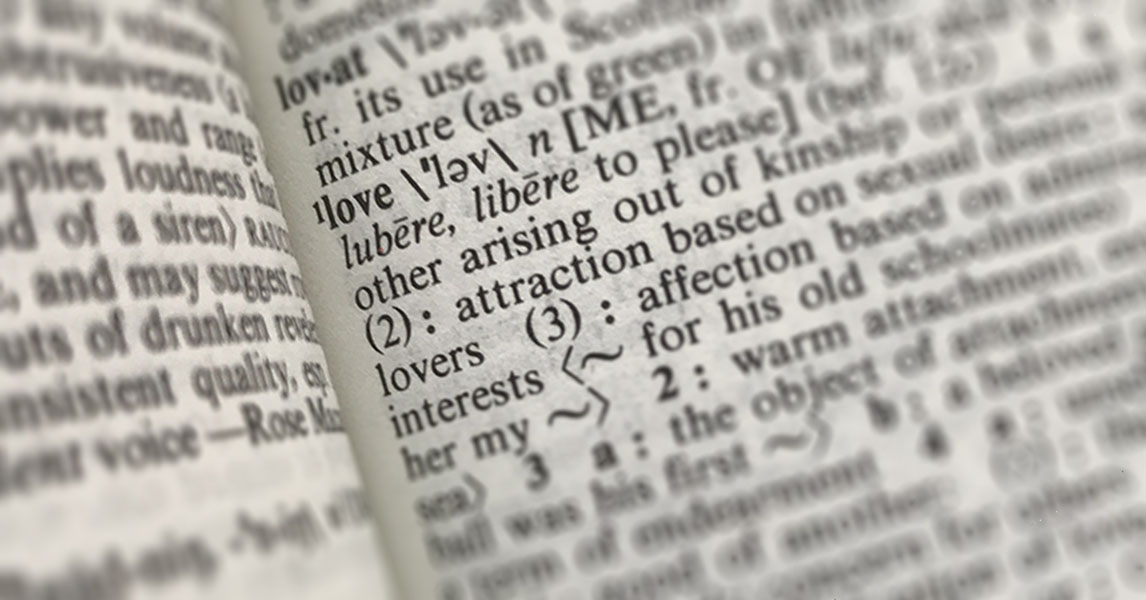Lovers planning a romantic gesture this Valentine’s Day may want to consider their definitions first.
Carrie Jenkins, Canada Research Chair in philosophy and a member of UBC’s Language Sciences Initiative, says discussing the definitions of key words often used in love—including “love” itself—could help people empower their love lives and avoid heartbreak. And, Jenkins says, the word “romantic” could use some serious review.
Why is the word “romantic” problematic?
The first thing to know is that this word is powerful. The message is constantly drummed into us, by everything from animated movies to supermarket candy aisles, that “romantic” is good and that a relationship should feel like a fairy tale. While we all know fairy tales aren’t real, that doesn’t stop them occupying our unconscious fantasies, nor does it weaken their status as standards against which—like it or not—our love lives are tacitly measured.
The second key thing is that “romantic” is a very baggage-laden word: everything from outdated gender roles (making women feel “unromantic” for asking men out) to making people feel like they have to lie about meeting online, because they feel ashamed at not having a good enough meet-cute. And just consider how quickly “romantic” shades into “stalkery.” How many romantic comedies show us a man pursuing a woman relentlessly although she has rejected him?
In all these ways, the word “romantic” is a rose-tinted lens that we need to break.
I wanna know what love is! But don’t we already have definitions for words like “love” and “cheating”?
We don’t have shared definitions that everyone agrees on, and if you get into the nitty gritty of what people think counts as “cheating” and what doesn’t, you’ll encounter a wide divergence of opinions.
Author and scholar bell hooks has argued that defining love is really important. She wants us to stop thinking of the word so much as a noun, to focus on the verb “love.” She reasons that this will help us understand why an abusive relationship is not a loving one: even if an abusive partner feels that they love their victim, it’s their actions that matter.
My own view is that it’s unrealistic to aim for a universal definition of love. The important thing is for people to agree amongst themselves. People in a relationship need to know what they mean when they say, “I love you.” And it probably wouldn’t hurt to have conversations about some other words too, like “girlfriend” or “exclusive” or “cheating.”
Why is the language of love important?
How we speak reflects, and is reflected by, how we think. And how we think about such huge topics as love is about as important as anything in life. An example from my own experience: if we’re only taught pejorative words for non-monogamous love, then we aren’t equipped with the tools to make our own moral assessment. Our minds are, quite literally, made up for us by the language we’re taught.
Thinking about what love means to us can be fundamentally empowering in our own lives, and help us avoid pain down the road—for example, when it turns out a partner has not been on the same page as you. It can also bring about social change, such as when people realize that “love” is not by definition between one man and one woman, and acknowledge that the legal term “marriage” is equally applicable to same-sex and opposite-sex unions. We don’t need to mark the former linguistically as “gay marriage” or “same-sex marriage” in contexts where the gender of the partners is irrelevant.
For more information or media queries, contact Erik Rolfsen or Alex Walls.
